Medical Tourism Make Cancer Treatment More Affordable
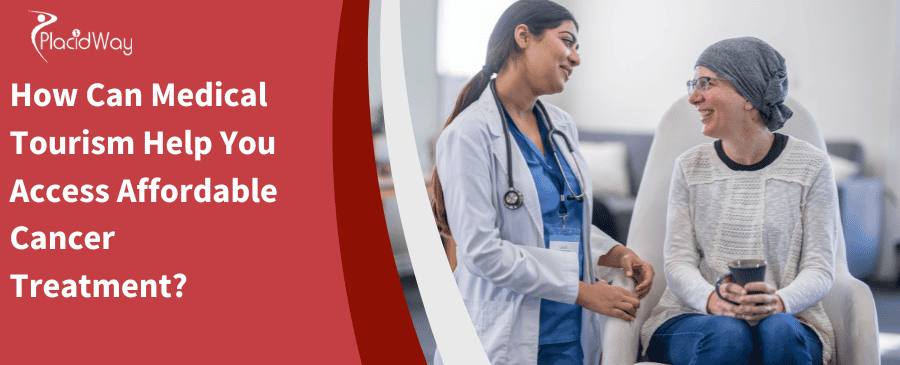
Receiving a cancer diagnosis is a life-altering moment, and the journey that follows is challenging on every level—emotionally, physically, and financially. In many Western countries, the cost of cancer care can be astronomical, creating a significant barrier to accessing the best possible treatments. This is where medical tourism emerges as a powerful and viable solution. It opens up a world of possibilities, allowing patients to receive high-quality, cutting-edge cancer treatment abroad at a fraction of the cost they would face at home. By traveling to countries renowned for their advanced medical infrastructure and lower operational costs, patients can access everything from chemotherapy and radiation to innovative treatments like immunotherapy and CAR T-cell therapy without the overwhelming financial burden. This approach is not about finding "cheap" healthcare; it's about finding smart, affordable, and world-class medical solutions that prioritize both your health and your financial well-being. It’s about empowering you to focus on what truly matters: your recovery.
What is Medical Tourism for Cancer Treatment?
At its core, medical tourism for cancer is a planned, intentional decision to seek medical care outside of your own country's healthcare system. Unlike being a tourist who unexpectedly needs medical attention, a medical tourist makes this choice after careful research and consideration. The primary driver is often the significant cost savings, but it's increasingly about gaining access to a wider range of treatment options and top-tier specialists.
This journey involves more than just booking a flight. It includes consultations with oncologists abroad, coordinating medical records, arranging for travel and accommodation, and planning for post-treatment care. Reputable medical tourism facilitators, like PlacidWay, play a crucial role in streamlining this entire process, ensuring a smooth and stress-free experience for the patient.
How Much Can I Really Save on Cancer Treatment Abroad?
The cost savings associated with affordable cancer treatment abroad are substantial and are often the main reason patients consider this option. The price difference is not due to lower quality but rather to economic factors in the destination country, such as lower labor costs, reduced administrative overhead, and favorable currency exchange rates.
Let's look at a simple comparison:
| Treatment/Procedure | Average Cost in the US | Average Cost Abroad (e.g., India, Mexico) |
|---|---|---|
| Chemotherapy (per cycle) | $10,000 - $30,000+ | $500 - $3,000 |
| Radiation Therapy (full course) | $50,000 - $100,000+ | $5,000 - $20,000 |
| Tumor Removal Surgery | $30,000 - $150,000+ | $3,000 - $25,000 |
These savings allow patients to access necessary treatments that might have been financially out of reach, preventing them from having to drain savings, sell assets, or go into debilitating debt.
Which Countries are Best for Affordable Cancer Treatment?
Several countries have established themselves as leading destinations for medical tourism, particularly in the field of oncology. Each offers unique advantages:
- India: Known for its world-class, JCI-accredited hospitals and highly skilled, English-speaking doctors. India offers some of the most competitive prices globally for complex procedures, including bone marrow transplants and advanced surgeries.
- Turkey: A hub for patients from Europe, the Middle East, and Asia. Turkey boasts technologically advanced hospitals, high success rates, and costs that are significantly lower than in Western Europe or the US.
- Mexico: An excellent option for North American patients due to its proximity. Many cancer treatment clinics in Mexico at different cities like Tijuana and Cancun offer a range of conventional and alternative cancer treatments at highly competitive prices.
- Thailand: Famous for its exceptional hospitality and high standards of medical care. Thai hospitals are equipped with the latest technology and offer a holistic approach to patient recovery.
Is Lower Cost a Sign of Lower Quality Care?
This is one of the most common misconceptions about medical tourism. The reality is that the leading international hospitals catering to medical tourists are often on par with, or even exceed, the standards of top hospitals in Western countries. They invest heavily in the latest medical technologies and infrastructure to attract international patients.
Furthermore, many of the oncologists and surgeons practicing in these countries have received their education and training from prestigious institutions in the United States, the United Kingdom, and Germany. They bring a wealth of international experience and expertise, ensuring that patients receive world-class care.
What Types of Advanced Cancer Treatments Are Available Abroad?
Medical tourism isn't just for standard treatments. It's a gateway to some of the most innovative and advanced cancer therapies in the world. Many countries are hubs for clinical trials and have adopted cutting-edge treatments quickly.
- Immunotherapy: This revolutionary treatment boosts the body's own immune system to fight cancer. It is widely available in countries like Turkey and India for various cancers.
- CAR T-Cell Therapy: A groundbreaking gene therapy where a patient's T-cells are modified to attack cancer cells. While extremely expensive in the US, it is offered more affordably in specialized centers in countries like Israel and India.
- Proton Therapy: A highly precise form of radiation that targets tumors while sparing surrounding healthy tissue, ideal for complex cancers. Centers in South Korea and Malaysia offer this advanced treatment.
- Robotic Surgery (e.g., Da Vinci): Minimally invasive surgical options that lead to faster recovery times are standard in top hospitals in Thailand and Turkey.
How Do I Choose a Reputable Hospital or Clinic Abroad?
Choosing the right facility is the most critical step in your medical tourism journey. Here’s a checklist to guide you:
- Accreditation: Look for accreditation from the Joint Commission International (JCI) or other recognized international bodies. This ensures the hospital meets global standards for safety and quality.
- Doctor's Credentials: Research the qualifications, training, and experience of the oncology team. Reputable clinics will be transparent about their doctors' backgrounds.
- Technology and Facilities: Ensure the hospital is equipped with modern diagnostic and treatment technology relevant to your condition.
- Patient Testimonials: Look for reviews from other international patients who have undergone similar treatments at the facility.
- Communication: The hospital should have English-speaking staff and provide clear, prompt communication regarding your treatment plan and costs.
What Are the Risks of Medical Tourism for Cancer Care?
While medical tourism offers incredible benefits, it's essential to be aware of the potential risks and how to mitigate them. The biggest risks come from choosing a non-reputable clinic. This can lead to issues with quality of care, infections, or poor outcomes. This is why thorough research and partnering with a facilitator is so important.
Another key consideration is travel. Flying soon after major surgery can increase the risk of complications like blood clots. Your treatment plan should include adequate recovery time in the destination country before you are cleared to travel back home. Finally, arranging for continuity of care with your local oncologist upon your return is crucial for long-term monitoring and health management.
How Does a Medical Tourism Facilitator Help?
Navigating an international healthcare system on your own can be daunting, especially when dealing with a serious illness. A facilitator acts as your advocate and guide. Their services typically include:
- Vetting Hospitals: They have a network of pre-screened, accredited hospitals and doctors, saving you the time and risk of doing the research yourself.
- Personalized Packages: They help create a comprehensive package for cancer treatment that includes treatment costs, travel, accommodation, and local transport.
- Logistical Support: They assist with visa applications, appointment scheduling, and the transfer of medical records.
- End-to-End Support: They provide a single point of contact to answer your questions and address any concerns throughout your journey.
Ready to Explore Your Options for Affordable Cancer Treatment?
Don't let the high cost of cancer treatment healthcare stand in the way of your recovery. PlacidWay is dedicated to connecting patients with world-class, affordable cancer care solutions across the globe. We can help you find the right hospital, the best specialists, and a treatment plan that fits your needs and budget.
Explore PlacidWay today to get a free, personalized quote and take the first step towards accessible, high-quality cancer treatment. Your health is your priority, and we're here to make it affordable.


.png)
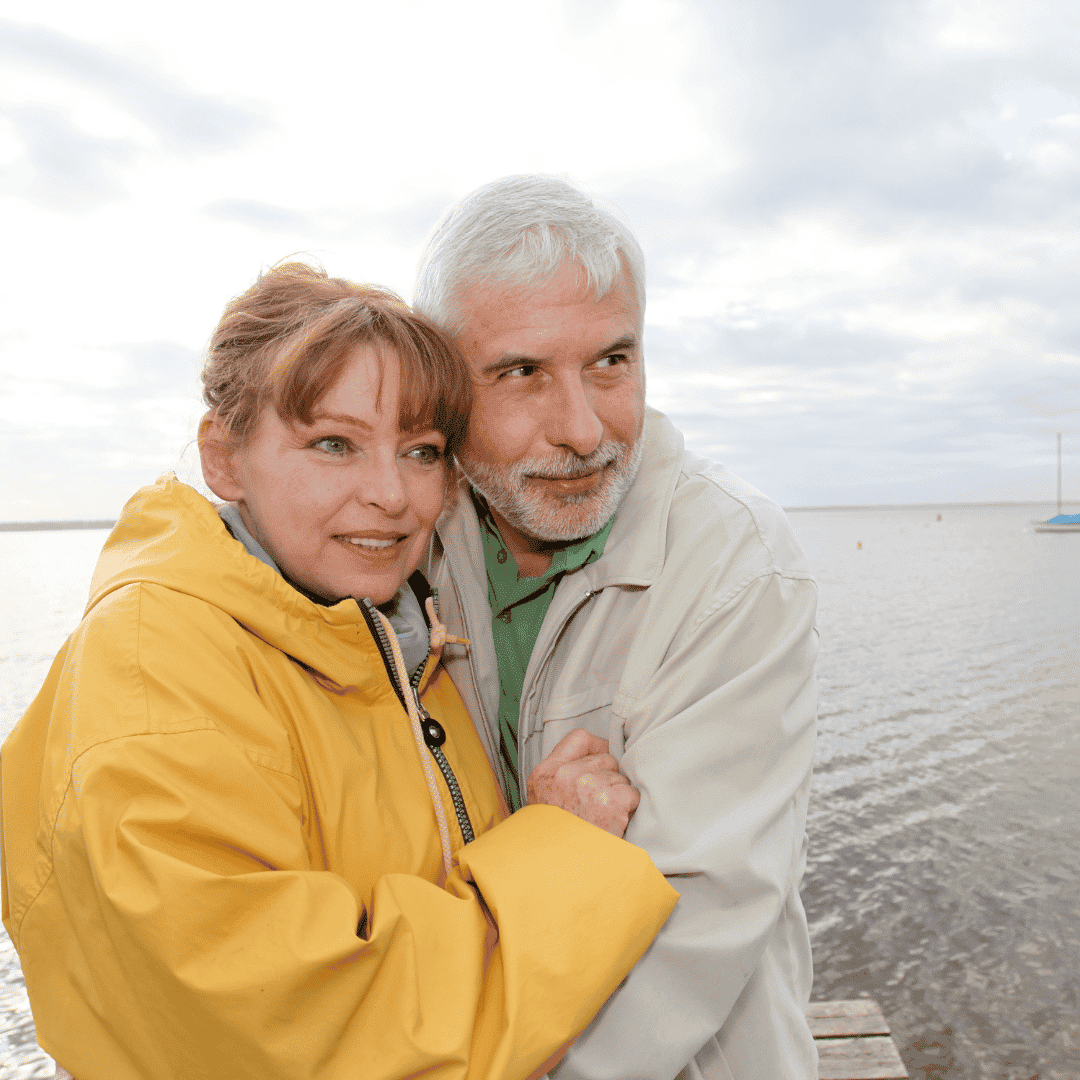

.png)





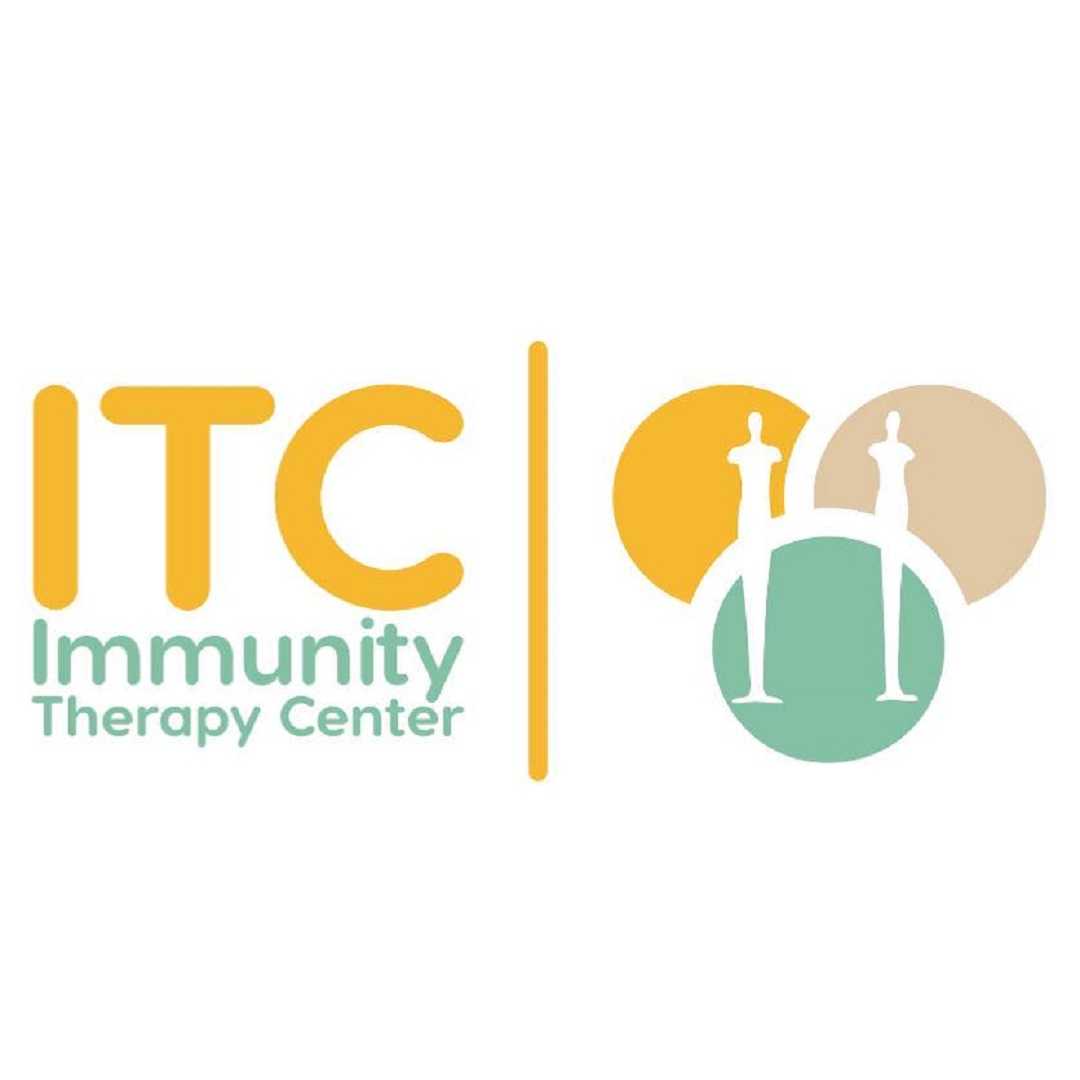
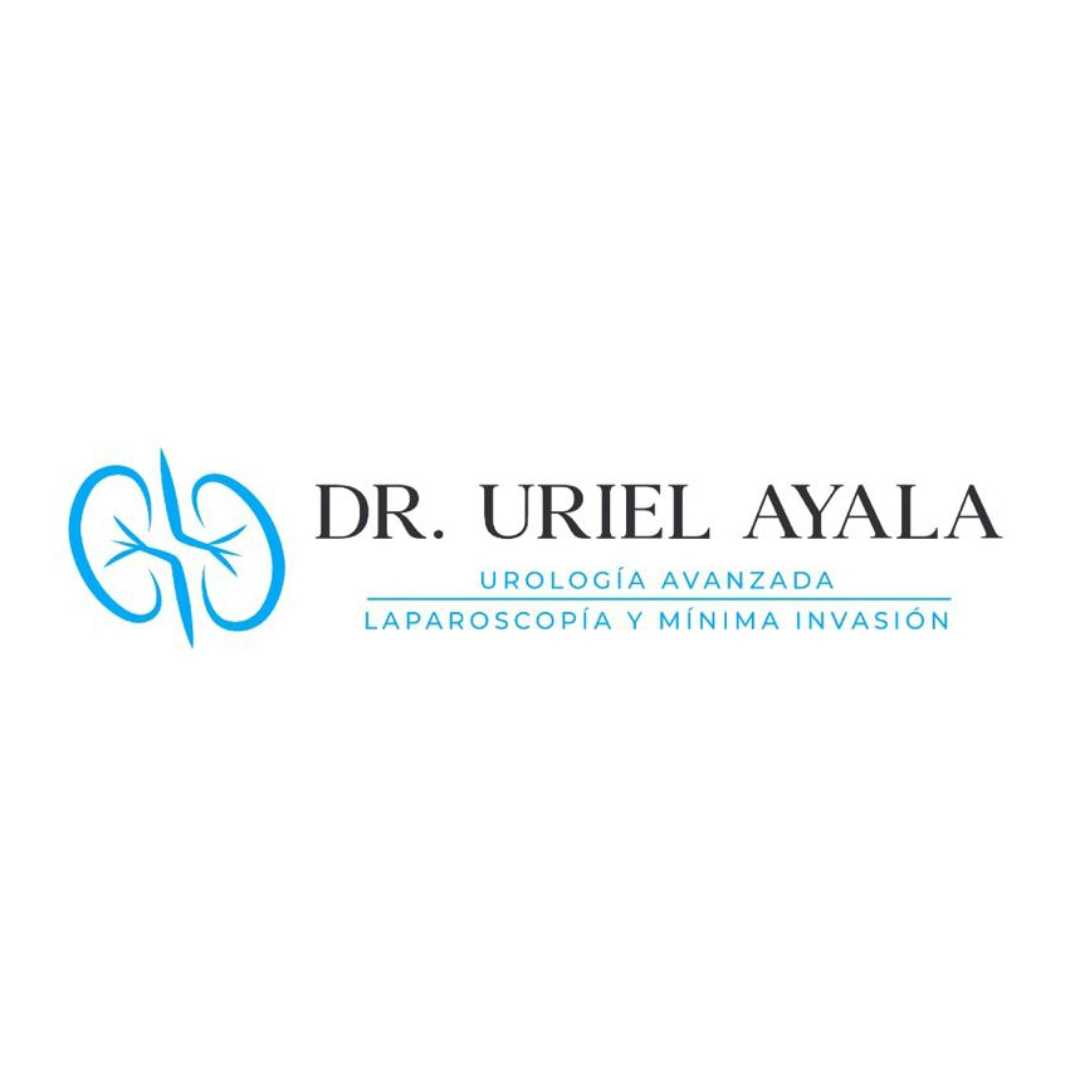
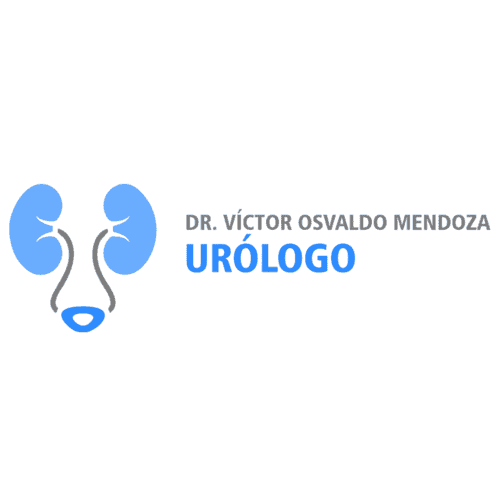
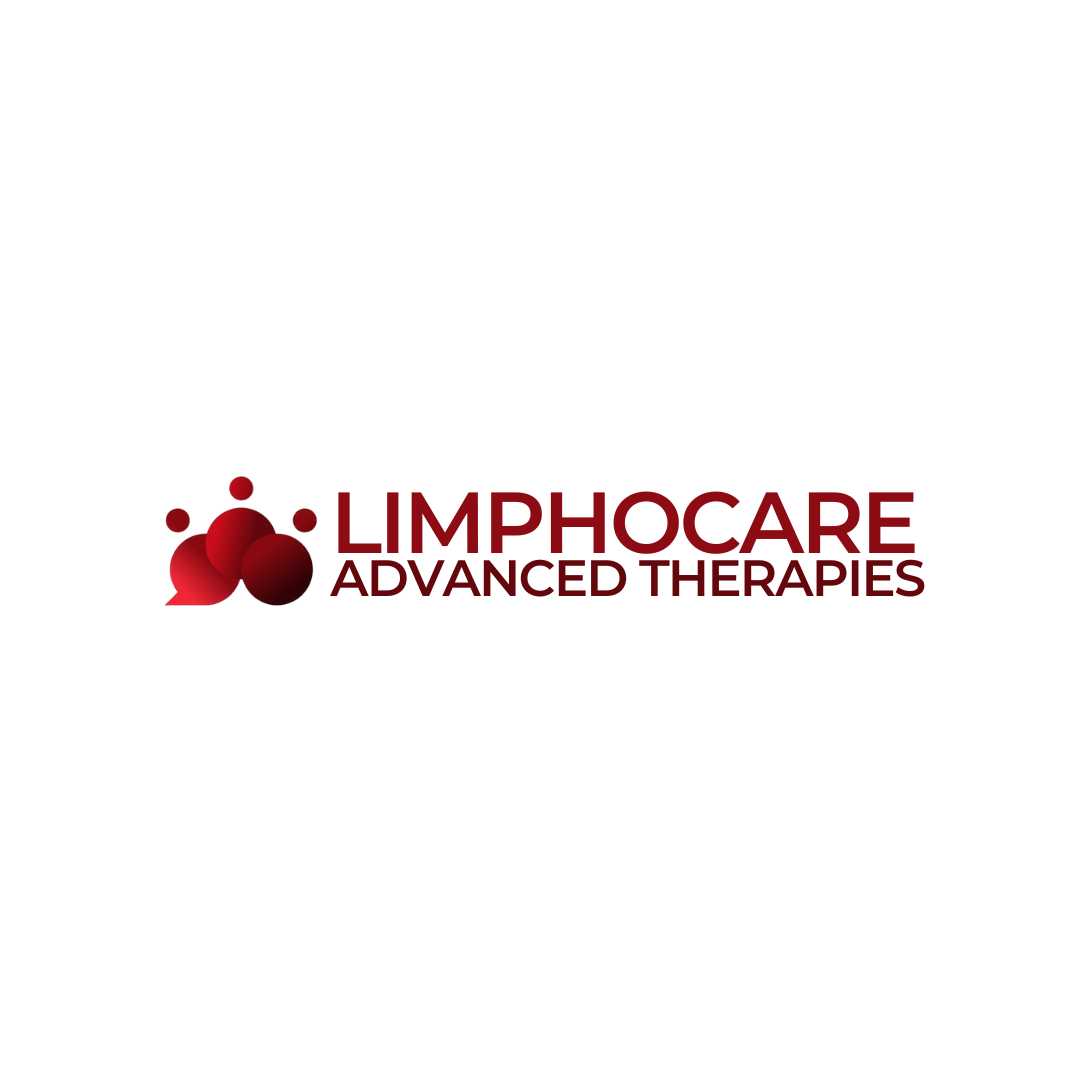
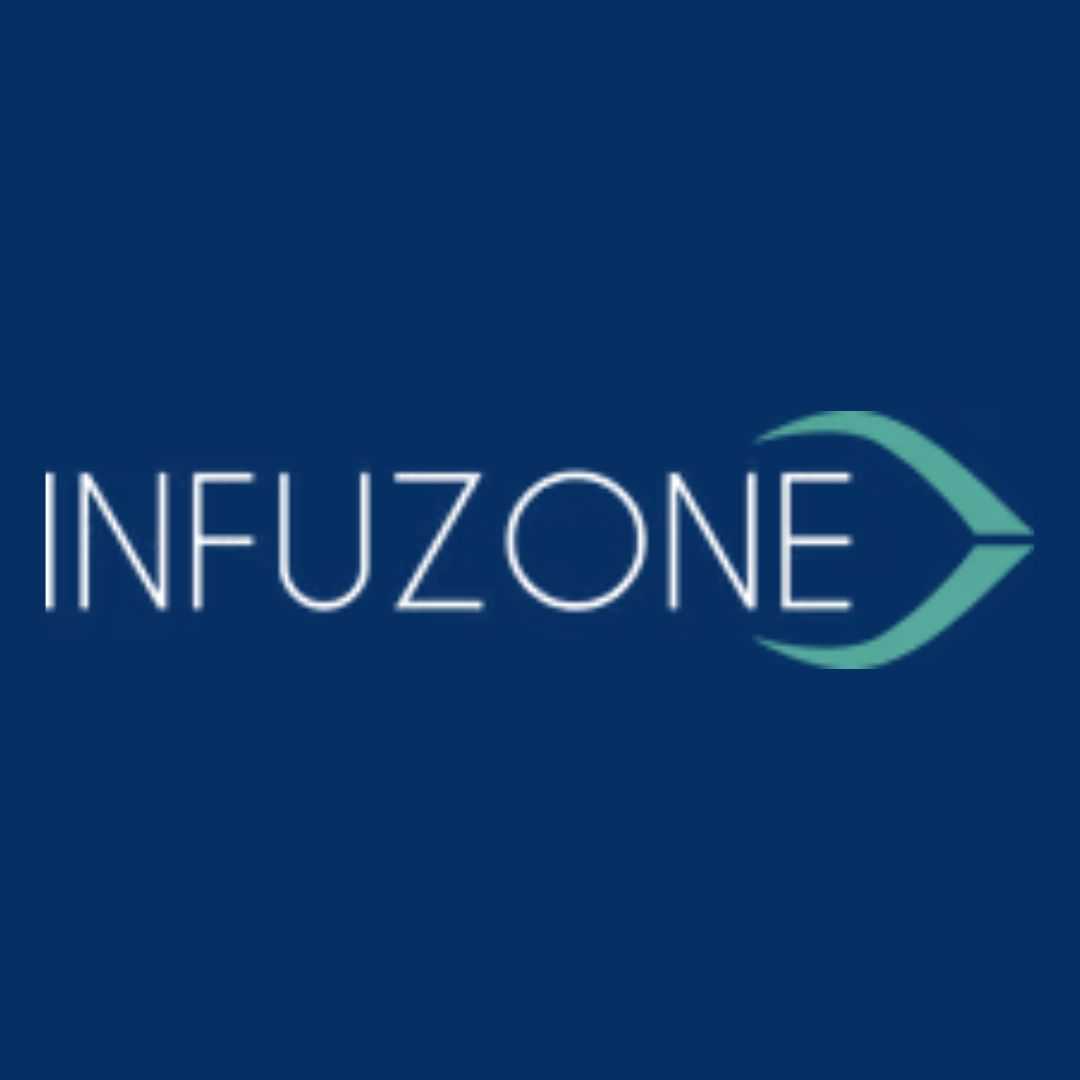

Share this listing